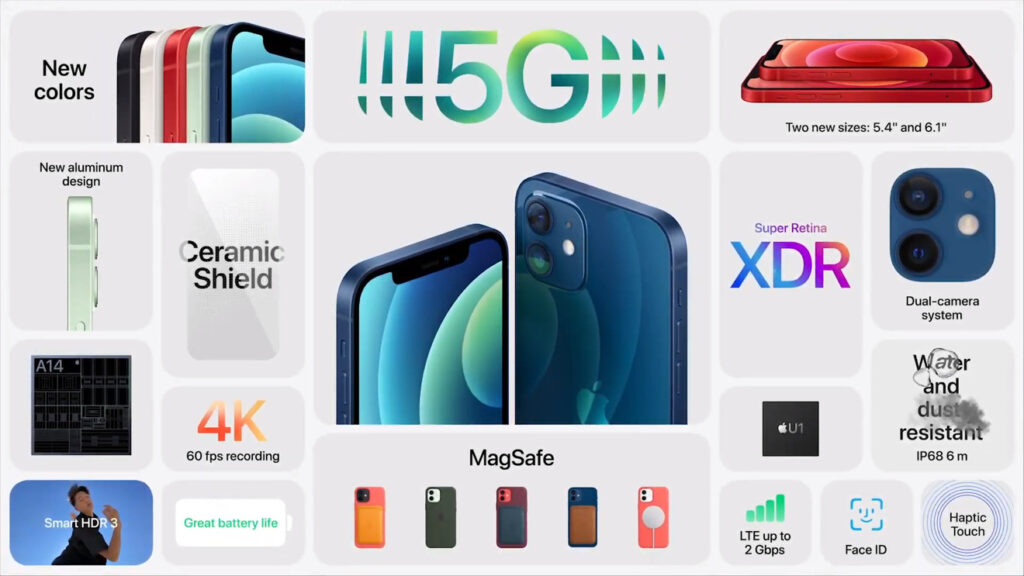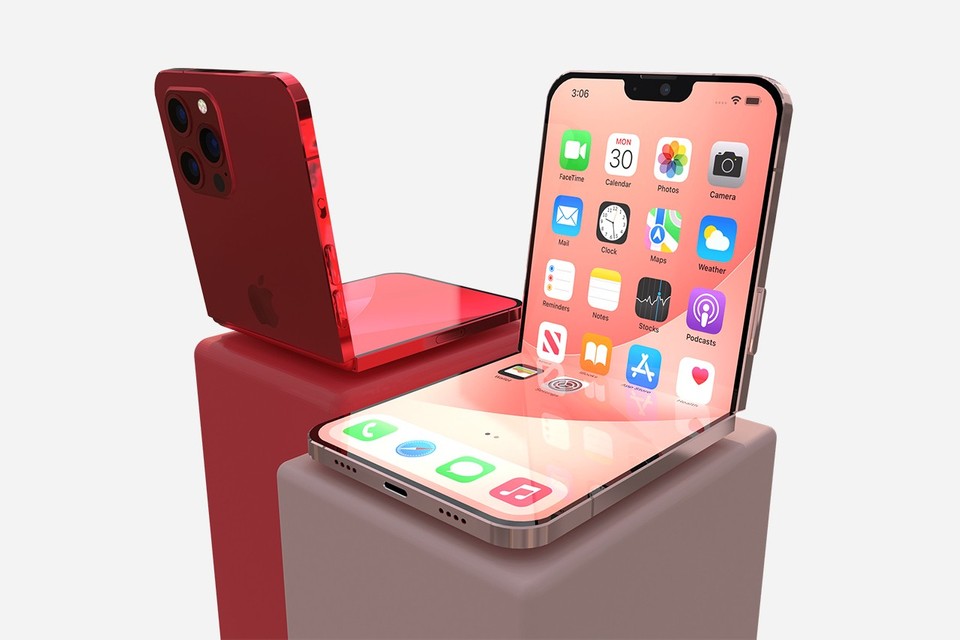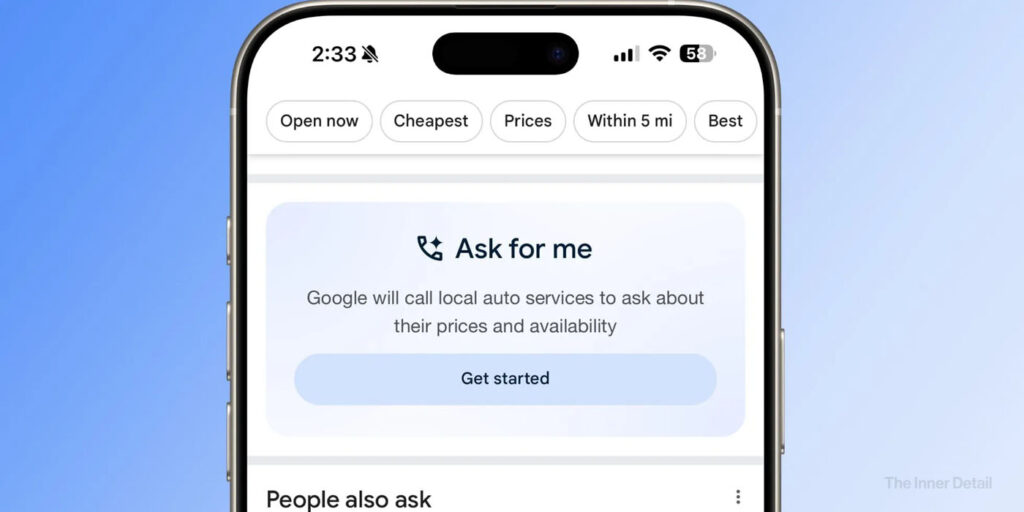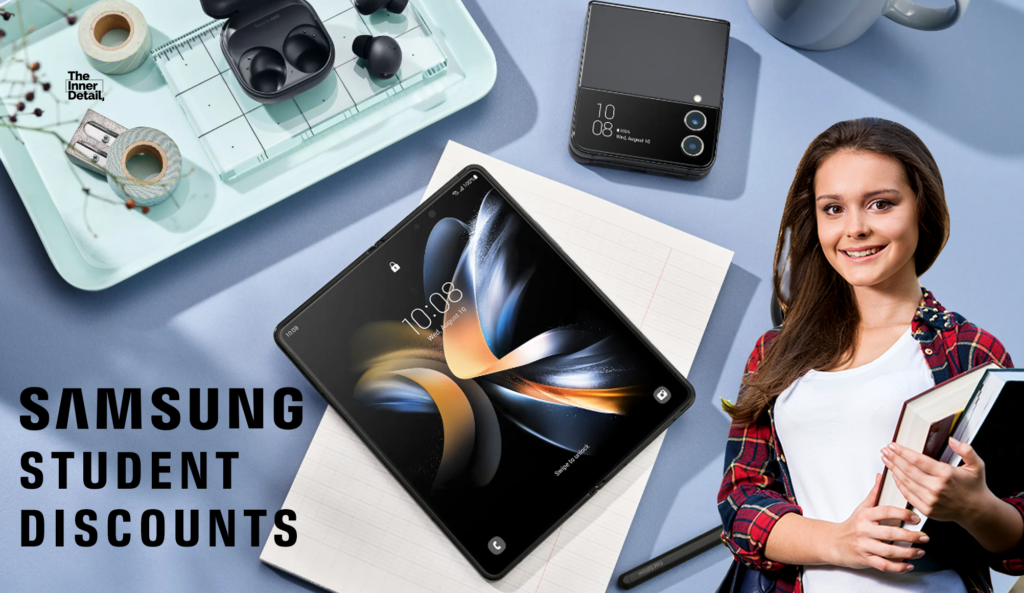Instances occurred in the last few years, where Apple is cursed of copying a handful of features from Android, but this doesn’t make Apple less innovative than the rest. Apple at no way considered insignificant, as it retains the credit for introducing numerous features via its iPhone and its other products, which over period of time, got copied by android & others. This page renders 7 sips of them!
All Touchscreen UI
Though, IBM accredits for launching the first ever touch-screen interface in the world in 1992, Apple is appreciated for reinventing the phone with iPhone, revealed to public in 2007, which appraised for its full touchscreen UI, having no physical keyboards & minimal buttons.
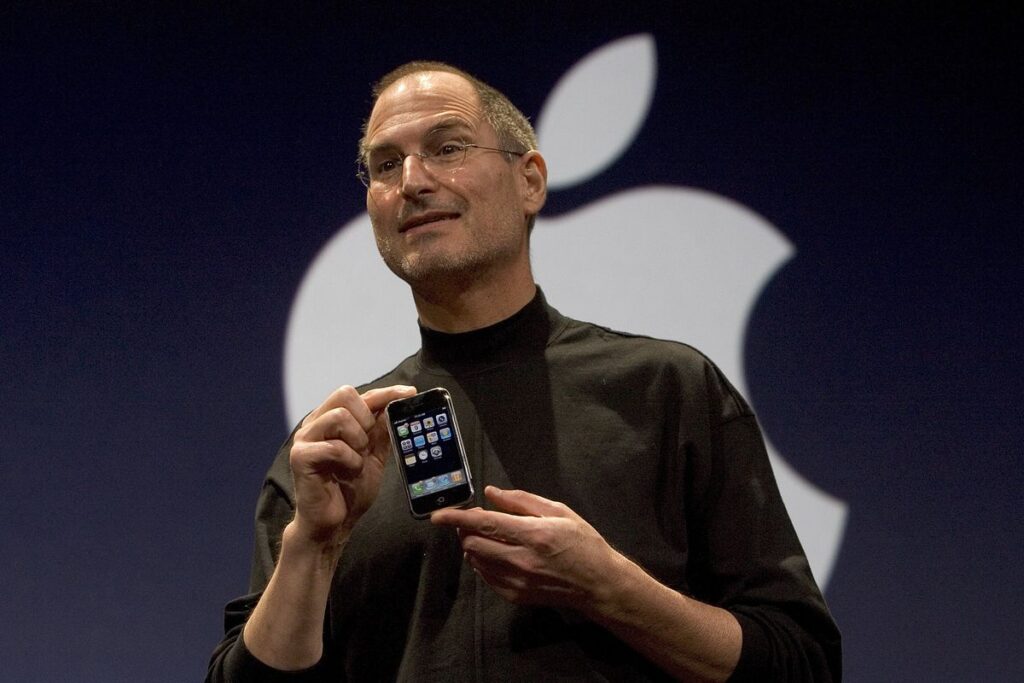
Tech-world has some significant years wherein much wonders happened, like that of Microsoft & Google’s intervention in late 1980s and early 2000s respectively; 2007’s first-ever iPhone launch had also a remarkable notch in the tech-field.
This video, Steve Jobs launching the iPhone for the first-time, entails the craze of it from audience.
Graphical User Interface
Apple was the first company to bring the graphical user interface to a large audience with the Lisa in 1983 and then the Mac in 1984. Microsoft famously released a competing GUI-based operating system, Windows, in 1985. Apple sued, alleging that Windows had “stolen” the “look and feel” of the Mac OS, and had thereby infringed Apple’s copyrights.
At the time, the concept of copyright protection for software was still quite new, so it wasn’t obvious how broad it was. The courts eventually decided that it didn’t extend to “look and feel,” allowing Microsoft to continue selling Windows and dominate the PC business.
Pinch-to-zoom
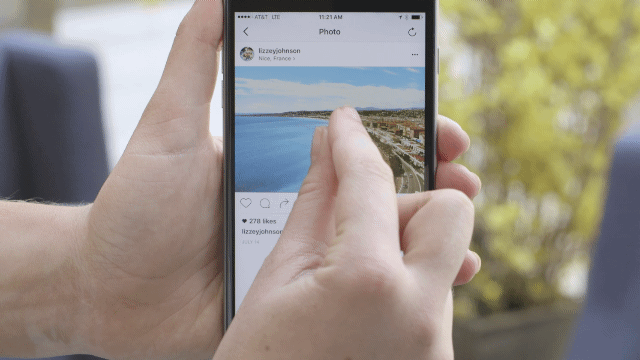
The most common way of detailing a photo by zooming with two fingers, ‘pinch-to-zoom’ was first brought in by Apple and later incorporated into android.
Metal & Glass Design
The metal and glass design, which is so popular nowadays, was first seen in an iPhone. With the iPhone 4, apple introduced the iconic design that had the glass back cover. It looked totally premium and slick. So much so that soon other phones, including Xperia phones, and then later even the Galaxy S phones followed it.
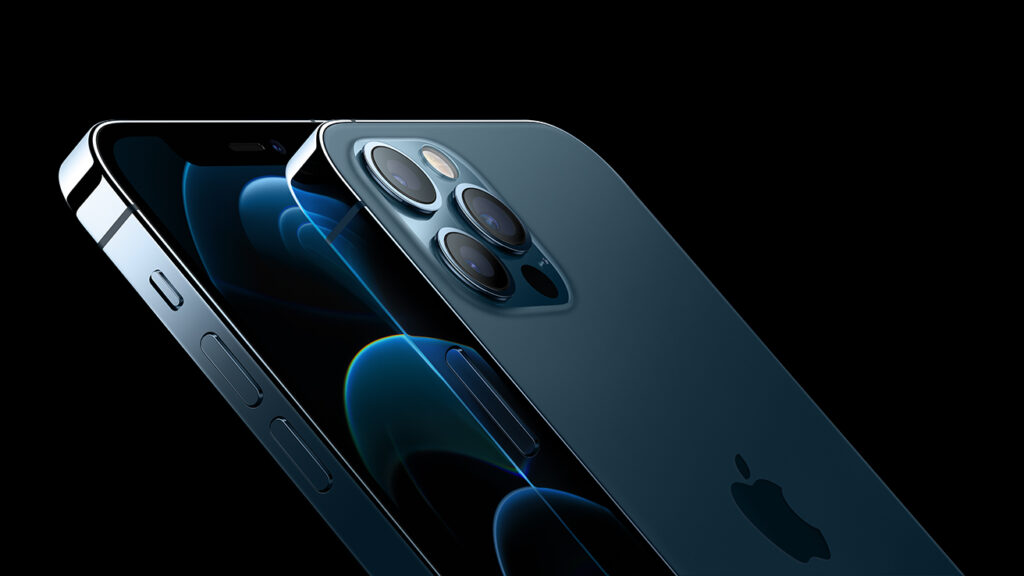
Motion Co-Processor (Footsteps tracking)
The number of steps you had taken in a day, displayed by your smart-watch or smartphone app, originated from Apple’s motion co-processor. It was a dedicated chip that controlled sensors. This allowed Apple to offer features like real-time, always on footstep tracking without much hit on the battery life. The feature was later introduced by a number of other phone makers, including by Google and LG.
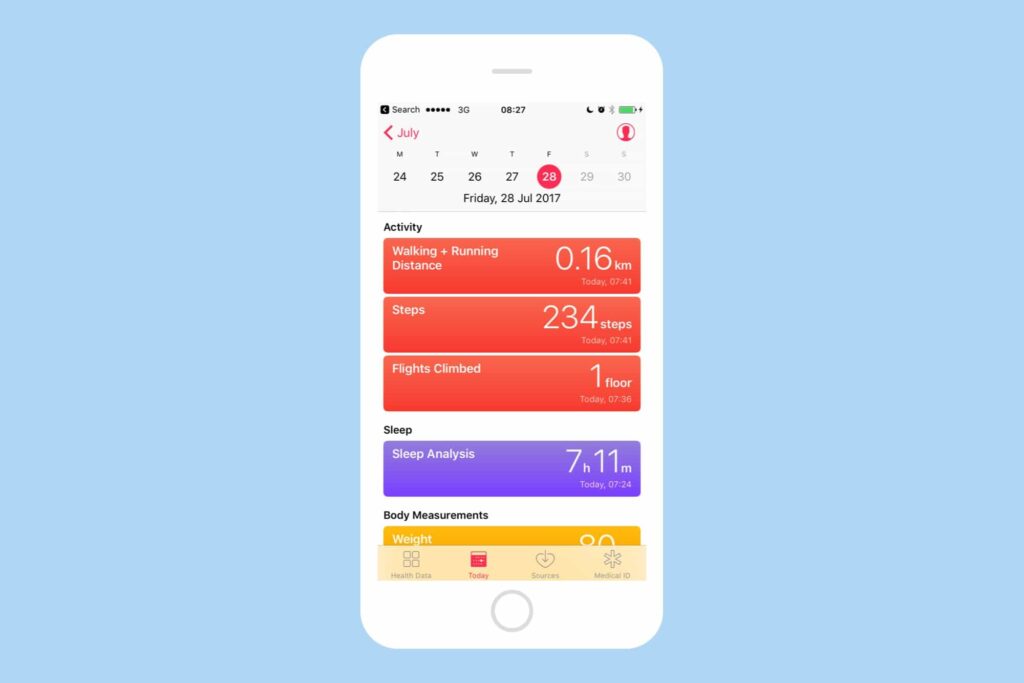
3D Touch
With the iPhone 6S, Apple introduced 3D touch. 3D touch makes your iPhone pressure-sensitive, so it knows how hard you are pressing on the screen. In fact, 3D touch has three distinct levels of sensitivity, and can perform three different actions depending upon how hard you press.
Now, this basic feature is implemented in all smartphones.
Multi-touch Support
Apple popularized the term “multi-touch” in 2007 with its capacitive multi-touch displays. Several uses of the term multi-touch resulted from the quick developments in this field, and many companies using the term to market older technology which is called gesture-enhanced single-touch or several other terms by other companies and researchers. But the seed was sown by Apple.
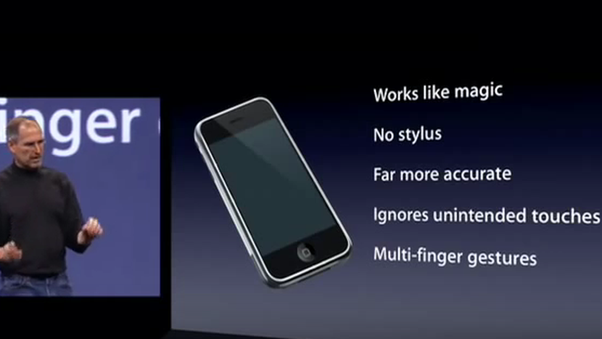
Epilogue
These features involving few patents though originally filed by Apple, was spread across the smartphone companies. In 1985, Apple even locked a legal lawsuit against Microsoft over issues of GUI stealing from iOS. But defining ‘steal’ narrowly, doesn’t feel unerring here, as the tech has to be inspired, from an interlinked structure, to flourish something great.
Don’t miss this out: 10 Best things you can do with your Smartphone!
At that time, the concept of copyright protection for software was still quite new, so it wasn’t obvious how broad it was. The courts eventually decided that it didn’t extend to “look and feel,” allowing Microsoft to continue selling Windows and dominate the PC business.
If in an alternate universe, Apple had won its lawsuit, only costly payers would have been able to access GUI feature. Glad that Apple failed the lawsuit!
